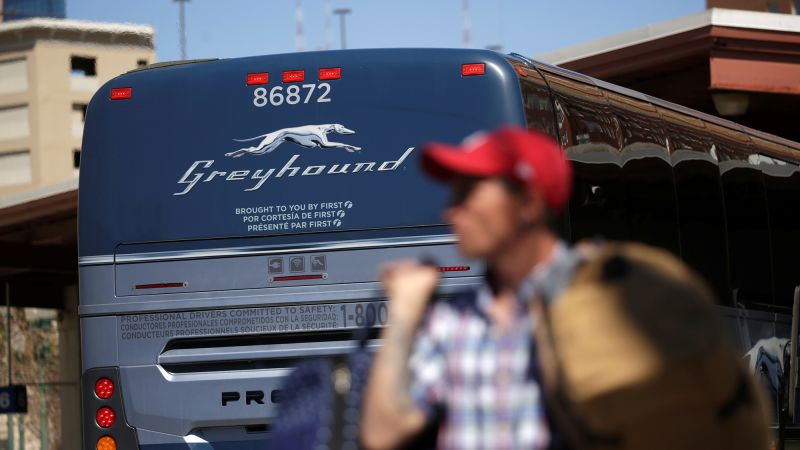
Greyhound bus stops are valuable assets. Here’s who’s cashing in on them
CNN
Greyhound bus terminals are rapidly closing around the country, causing access problems for low-income riders.
You can’t get here from there. That’s the increasing problem facing around 60 million people who depend on intercity buses. Intercity bus lines like Greyhound, Trailways and Megabus, an overlooked but essential part of America’s transportation system, carry twice the number of people who take Amtrak every year. But the whole network faces a growing crisis: Greyhound and other private companies’ bus terminals are rapidly closing around the country. Houston, Philadelphia, Cincinnati, Tampa, Louisville, Charlottesville, Portland, Oregon, and other downtown bus depots have shuttered in recent years. Bus terminals in major hubs like Chicago and Dallas are also set to close. Greyhound and other companies have relocated their stops far away from city centers, which are often inaccessible by public transit, switched to curbside service or eliminated routes altogether. These stations built decades ago are shuttering because of high operating costs, government underfunding and, surprisingly, the entrance of a hedge fund buying up Greyhound’s real estate for lucrative resale. Greyhound terminal closures in one state can unravel service in others, and the closures threaten to break the comprehensive web of national bus routes. Greyhound suspended service for a year in Jackson, Mississippi, after the terminal closed and also left Little Rock, Arkansas, after a closure. “All this happening at once is really startling,” said Joseph Schwieterman, a DePaul University professor who researches intercity bus travel and directs the university’s Chaddick Institute for Metropolitan Development. “You’re taking mobility away from disproportionately low-income and mobility-challenged citizens who don’t have other options.”

Travis Tanner says he first began using ChatGPT less than a year ago for support in his job as an auto mechanic and to communicate with Spanish-speaking coworkers. But these days, he and the artificial intelligence chatbot — which he now refers to as “Lumina” — have very different kinds of conversations, discussing religion, spirituality and the foundation of the universe.





















 Run 3 Space | Play Space Running Game
Run 3 Space | Play Space Running Game Traffic Jam 3D | Online Racing Game
Traffic Jam 3D | Online Racing Game Duck Hunt | Play Old Classic Game
Duck Hunt | Play Old Classic Game










